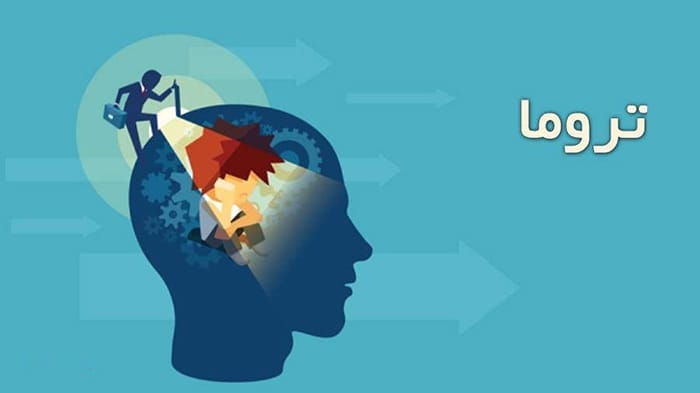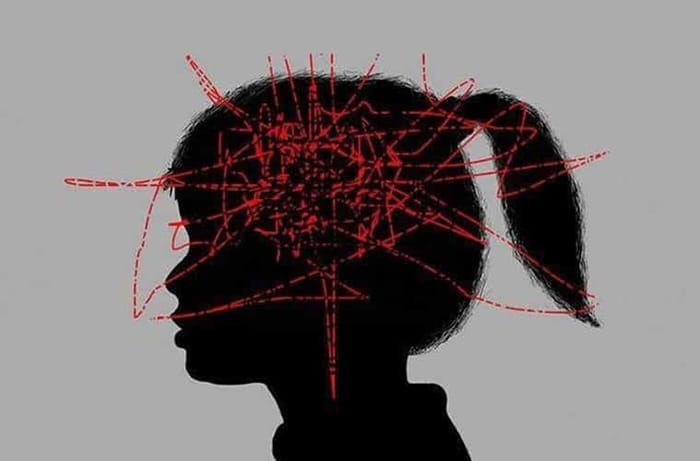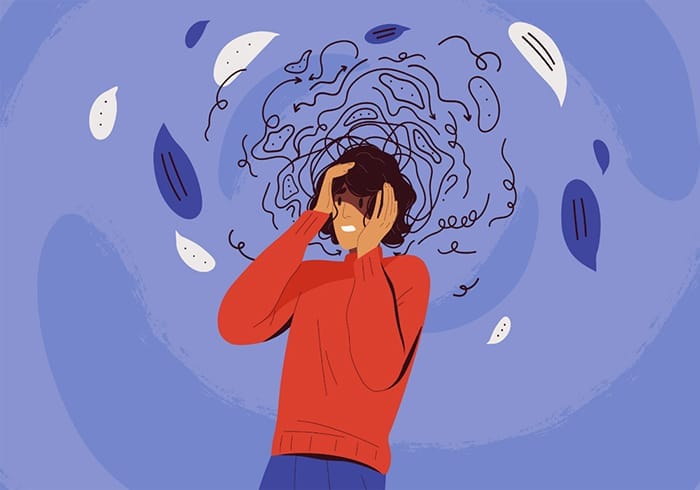
Blog
trauma

Trauma is a complex concept in psychology that originates from the Greek word for “wound” or “injury.”
Trauma refers to the negative and harmful effects that a specific event can have on an individual. These effects may be extremely severe and traumatic in some cases, while in others, they may be milder, allowing the person to recover more quickly from the emotional and psychological consequences.
Trauma occurs widely in society and in people’s lives. Many individuals have experienced at least one major trauma during their lifetime. This highlights the importance of understanding and managing trauma in different societies. Therefore, recognizing and properly treating trauma is essential for individuals to heal and improve their quality of life.
فهرست عناوین
ToggleWhat is Trauma or Psychological Wounding?
Psychological trauma is a mental phenomenon that is recognized as a severe reaction to shocking and distressing experiences. Trauma is often caused by events such as abuse, violence, tragic incidents, war, terrorist attacks, earthquakes, and other distressing situations. These experiences can lead to deep shock and transformation in a person’s mind and psyche. Immediately after such events, most people suffer from shock and denial.
Symptoms of Psychological Trauma
Following a traumatic experience, individuals typically face a wide range of physical and emotional reactions. Trauma can have far-reaching impacts on one’s behavior and mental health. The symptoms of trauma vary, but may include feelings of confusion, inability to speak, withdrawal, and nighttime anxiety. This anxiety may manifest in various forms, including fear, anger, irritability, and decreased concentration.
Although some symptoms of trauma may not be visible to others, their effects on a person’s behavior and mental state are significant. People react to trauma in different ways, and some consequences may even be unbearable for the individual themselves.
Suggested article: What is anxiety disorder?
Emotional and Psychological Symptoms of Trauma
- Shock, denial, or disbelief
- Confusion and trouble concentrating
- Anger, irritability, and mood swings
- Anxiety and fear
- Guilt, shame, and self-blame
- Withdrawing from surroundings and people
- Feelings of sadness or hopelessness
- Feeling isolated or emotionally numb
Physical Symptoms
- Insomnia or nightmares
- Unusual fatigue
- Difficulty concentrating
- Elevated heart rate
- Dizziness and restlessness
- Various body aches
- Muscle tension
It is important to note that these symptoms are natural responses of the body and mind to trauma and should not be ignored or judged without proper understanding.

Types of Trauma and Their Different Psychological Effects
Trauma can manifest in various forms, including the following:
Acute Trauma
This type of trauma results from a single, extremely stressful or dangerous event that may have a deep impact on the individual.
Chronic Trauma
Chronic trauma is usually caused by continuous and long-term exposure to highly stressful events. Examples include child abuse, bullying, or domestic violence.
Complex Trauma
Complex trauma may involve multiple and diverse traumatic experiences that occur either simultaneously or over time.
For instance, a person who has experienced rape, domestic violence, war, the loss of loved ones, or other traumatic events may be facing complex trauma.
These multiple experiences can lead to maladaptive coping mechanisms, psychological symptoms, and dysfunctional behaviors.
Complex trauma is often accompanied by symptoms such as increased stress, anxiety, depression, anger, impulsive aggression, and substance abuse.
Secondary Trauma (Vicarious Trauma)
Trauma can be transmitted through the psychological symptoms and responses of someone who has experienced a traumatic event to another person who is in close contact with them.
This type of trauma may cause similar symptoms in the second person and is considered a transferred form of trauma.
Childhood Trauma
Childhood trauma refers to stressful and distressing experiences during early life. These experiences may include traumatic events such as accidents, abuse, domestic violence, family instability, various forms of exploitation, and even war.
Childhood trauma can directly affect a child’s brain development and lead to serious physical and mental disorders in the future.
Trauma in childhood can stem from various experiences that disrupt a child’s sense of safety and stability. These include:
- Unstable or insecure environment: Stressful, unstable, or unpredictable living conditions can increase anxiety and stress in a child.
- Separation from parents: Separation due to relocation, divorce, or family issues can lead to fear and insecurity.
- Serious illness: Experiencing severe illnesses and medical treatments in childhood may have negative psychological and social effects.
- Sexual, physical, or emotional abuse: These experiences can destroy a child’s sense of trust and security.
- Domestic violence: Witnessing or experiencing family violence affects the child’s relationship with themselves and others.
- Neglect: Lack of proper care and support from parents or caregivers can result in feelings of insecurity and heightened stress.
Experiencing trauma during childhood can have severe and long-lasting effects. If childhood trauma is not resolved, feelings such as fear and helplessness may carry into adulthood, potentially placing the person at greater risk for further psychological harm.
Suggested article: Family Psychology
What Is the Difference Between Trauma and Stress?
Stress is defined as the body’s natural reaction to various pressures in life, which may occur occasionally and temporarily. However, trauma is a form of severe and distressing stress that usually results from experiencing shocking and upsetting events, such as abuse, violence, or tragic incidents.
Psychological wounds caused by trauma can deeply impact an individual due to the emotional and mental harm they create. These effects may lead to serious psychological disorders, anxiety, depression, and even dissociative or coping-related disorders. Therefore, recognizing the difference between trauma and stress—and understanding childhood trauma—is vital for improving both mental and physical well-being.

Prevalence of Trauma
Trauma is widespread across different societies and affects people of all ages. According to global statistics, around 70% of individuals experience at least one traumatic event in their lifetime, such as an assault, accident, or abuse.
However, the impact of trauma differs from person to person and depends on various factors, including the type and intensity of the event, the individual’s psychological resilience, and their social and cultural support systems.
The Relationship Between Trauma and Mental Disorders
There is a close connection between trauma and psychological disorders, and trauma can have harmful consequences on an individual’s mental health and behavior. It can be a major trigger for various mental disorders, including:
- Post-Traumatic Stress Disorder (PTSD): A severe reaction to traumatic experiences, characterized by symptoms such as intrusive and unwanted thoughts, panic, chest tightness, and avoidance of environments or objects associated with the event.
- Depression: Trauma may lead to intense and chronic depression, resulting in dangerous physical and mental complications.
- Sleep Disorders: Trauma can cause sleep disturbances such as nightmares, frequent nighttime awakenings, and insomnia.
- Behavioral Disorders: As a response to trauma, individuals may exhibit inappropriate behaviors such as aggression, self-harm, or substance abuse.
Even if your trauma occurred many years ago, there are still ways to help you heal, restore emotional balance, and regain confidence.
Helpful resources may include psychological interventions, individual or group counseling, and training in stress management and effective communication skills.
برای مشاوره رایگان و رزرو وقت (یا اگر تماس گرفتید و قادر به پاسخگویی نبودیم) شماره تماس خود را وارد کنید. ما به زودی با شما تماس می گیریم!



